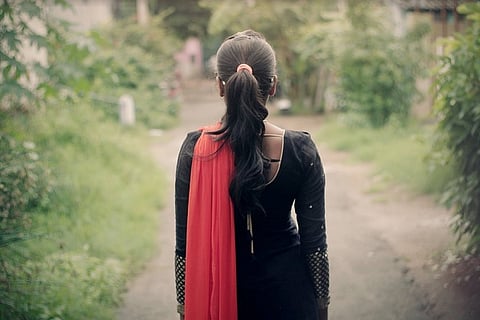

A young woman was killed on the platform of a suburban railway station in Chennai on June 24, 2016. The murder has spawned debate and discussion on everything from Chennai’s safety or lack thereof, to the very predictable and yet appalling speculation that we have come to expect by now about the personal life and choices of women at the receiving end of violence. We don’t yet know what the motivations behind her murder are and neither justice nor compassion is served by such ugly conjecture. It only serves to traumatize a family that is already grappling with enormous loss.
The shock and disbelief that something like this could happen in Chennai however is a particularly privileged, particularly masculine response to an alarmingly recurrent crime. Violence against women and other gender and sexual minorities is both ubiquitous and normalized in our cities. Some crimes might rattle the public imagination more than others but they are by no means isolated incidents.
At the International Foundation for Crime Prevention and Victim Care (PCVC), our 24-hour crisis line records an average of 50 calls a month from across Tamil Nadu, but predominantly from Chennai where we are located. These calls traverse the gamut of abuse and violence that women face on an everyday basis; from intimate partner violence and sexual harassment, abuse and stalking to cyber abuse and elder abuse, diverse crimes are reported and no age group left unaffected. Women and girls live under threat of violence within their homes, on the streets of their city (and really, what city is safe in this regard?) and in their workplaces and educational institutions.
In a tweetchat on #TalkSafety organized by Prajnya, PCVC and The News Minute on the June 28, there was an outpouring of ideas on women’s access to public spaces, their safety in private spaces and the everyday barriers and fears we have to overcome to just be – to go to work, to stay at home, to provide care, to seek care, to pursue an interest, to partake in recreation and leisure, to live as we please. It serves to highlight the extent to which our daily lives are being shaped by misogyny and the reality of living in fear of violence.
Sexism is the daily discrimination, prejudice and deprivation of choices that women experience that serve as precursors to the extreme violence they are often subjected to. Privilege is being able to read that and deny it exists. This is not an overstatement of facts. What was done to the young techie, or the four women found murdered in their home in Royapettah, Chennai, these are not unexpected tragedies. These are the outcomes of the virulent masculinity that we have sown.
What is being done about it? A lot, and yet not enough. Individual women and other gender and sexual minorities do more for the cause than any others by simply living. By occupying space and refusing to relinquish it. By challenging norms in the face of such violence, by banding together and creating support systems for themselves, by reaching out and engaging with one another whether on or offline. Civil society organizations continue to provide solidarity, support and awareness and serve as bridges to the State, even as official structures are unresponsive, non-empathetic and in some cases non-existent. As individuals, civil society and state actors, we need to re-examine and challenge existing attitudes and mindsets when it comes to gendered violence if we are to move from impunity to accountability.
PCVC Helpline number: 044-43111143 (Located in Chennai)
This article is a part of a collaborative effort between The News Minute, Prajnya and PCVC to raise awareness about gender violence.
Prajnya is a non-profit centre for research, public education and networking on women's rights. gender violence, and women's history.
The International Foundation for Crime Prevention and Victim Care (PCVC) is a non-profit organization that was set up in response to a need for a support agency for victims and survivors of domestic abuse. Our services include crisis management, legal advocacy, support and resource services.